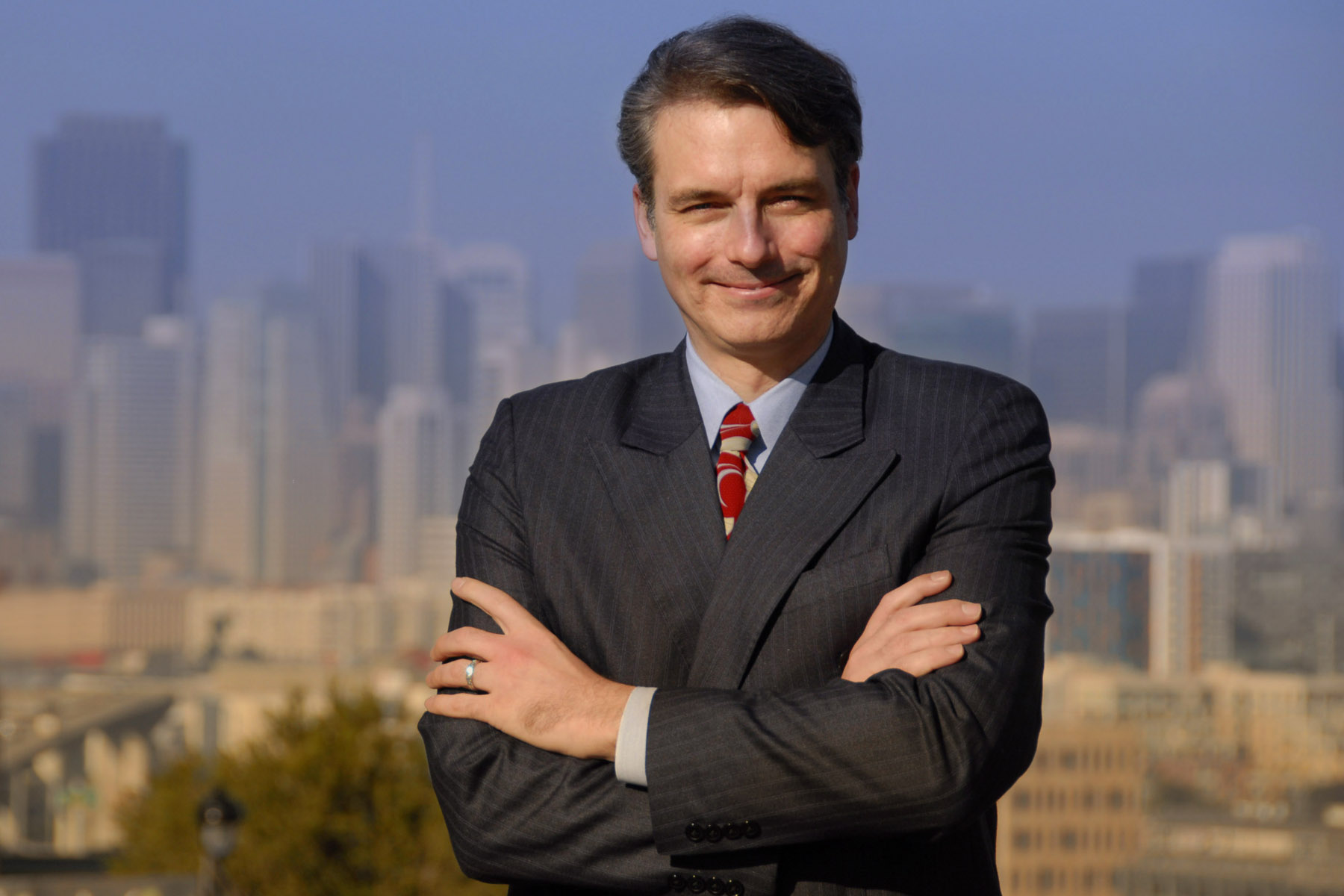Paul Herman’s story is robust; it builds upon a deep-seated calling that many of us here at Presidio Graduate School (PGS) share. In his words, that calling is “the desire to see that individuals get as fair a shake as institutions” and those values are reflected through his work at HIP Investor.
In 2006 after working with the non-profit Ashoka, which supports social entrepreneurs working to solve problems in education, health care and civil rights, Paul started HIP Investor (Human Impact + Profit). HIP’s work exists in part to prove that the perceived gap between “doing good” and “doing well” is not as big as Wall Street would have us think.
As an expert in residence for PGS Paul brings years of experience in impact investing, social enterprise and sustainable finance to the community.
This interview with Paul is the first in a series of interviews with PGS’ Experts in Residence. I asked Paul about his journey into impact investing and its connection with PGS. The following excerpts give a small glimpse into the wealth of information Paul has to offer. I highly recommend listening to the full interview.
—–
Sam: What is your origin story? How did you find the impact investing world and the PGS community?
Paul: The origin of my focus on building a better world, or creating positive impact began with my parents… They had a focus on justice and accountability and that people get as fair a shake as institutions…
The first company I started was an online wallet and financial platform for kids, teens and parents. It allowed parents to teach their kids financial accountability… Today that would probably be called a social enterprise. When we started it in the late 90’s there wasn’t that popular term.
Sam: How did you find the Presidio Graduate School community?
Paul: I think we found each other… The emergence of sustainability and MBA and MPA programs drew us together. One of the first classes I worked on was as a guest lecturer for accounting over at Fort Mason.
Sam: Are there any systems conditions in play that make it the right time for people to be investing their time as students into sustainability and also their capital?
Paul: It’s certainly the right time for both… Any problem or opportunity is naturally cross sector or cross disciplinary. That’s one of the key expertise that Presidians bring to it… That fits great because any innovation is typically two things that haven’t come together before. The opportunity for sustainability and sustainable management is to think as a system and to find those new products, partnerships and collaborations to create innovation.
Sam: A lot of the ideas around sustainability are gooey; they are malleable and not necessarily quantified. I know HIP’s working on a ranking system to gauge investments beyond financial performance and quantify them. Can you tell me more about that?
Paul: Well, you say it’s “gooey,” it’s “soft,” well this is really about science. One of the core beliefs at HIP is everything is measurable… I disagree that it’s soft, it’s actually quite hard. The discipline of sustainability is bringing that dimension of the things we don’t count, or we don’t measure, we normally don’t manage; but they are important.
Now… big data and technological tools [let us] measure things that previously were not measurable… we have ways to measure them today.
Sam: Your book is called The HIP Investor: Make Bigger Profits by Building a Better World. What do you mean by a “better world?”
Paul: “Better world” can be anything from physically emotionally healthier people that are financially self-sufficient and independent. That we can breathe clean air, that we can drink clean water. That the diversity of how we are born by gender, ethnicity, citizenship, and religion is represented in institutions in the same proportions as society. That we operate in an ethical, transparent and supportive way.
Those are five categories we call “health,” “wealth,” “earth,” “equality,” and “trust.” These are the five pillars we use [at HIP] to look at the world and investments… Our work shows that when you are purposely instating those metrics… it can frequently reduce financial risk and can create a stronger return for portfolios.
More about Paul Herman and his organization HIP Investor can be found at http://hipinvestor.com/

